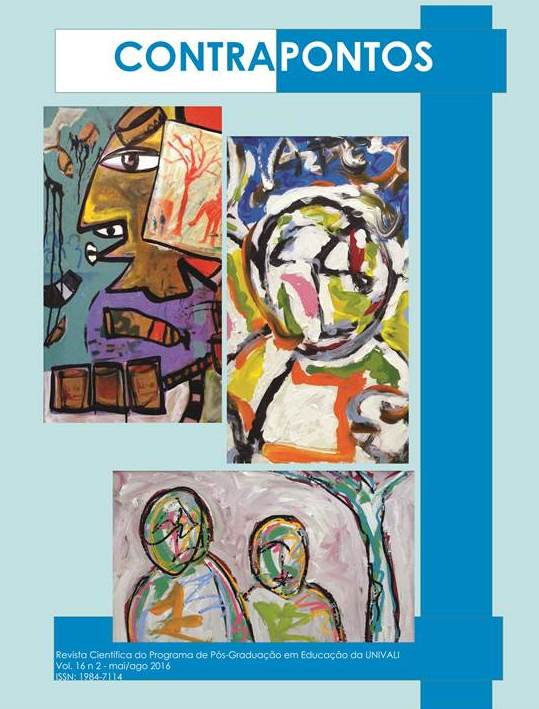
The theory of structural cognitive modifiability is based on the belief that every human being is able to learn, provided they are open to change, regardless of age, genetic condition or life experience. Based on this premise, this article, which is the result of theoretical research, discusses the idea that structural cognitive change is similar to the natural biological and continual changes that occur in a person, over time. The difference between them lies in the fact that the first is optional, while the second is predetermined. Based on this predisposition of the subject, new forms of teaching and learning emerge that can be incorporated into the daily teaching practice, so that they can contribute to the student’s cognitive modifiability. To corroborate this perspective, we looked to the pedagogical principles of Freire's, for the theoretical bases underlying the knowledge necessary for the adoption of this practice. Cognitive modifiability occurs when the right conditions are created, whether by the teacher or student. For this, it is necessary to overcome the conservative pedagogy, which prevents autonomy, dialogue and criticism, all of which are basic principles of Freire's pedagogy, and are considered essential elements for generating structural cognitive modifiability.





